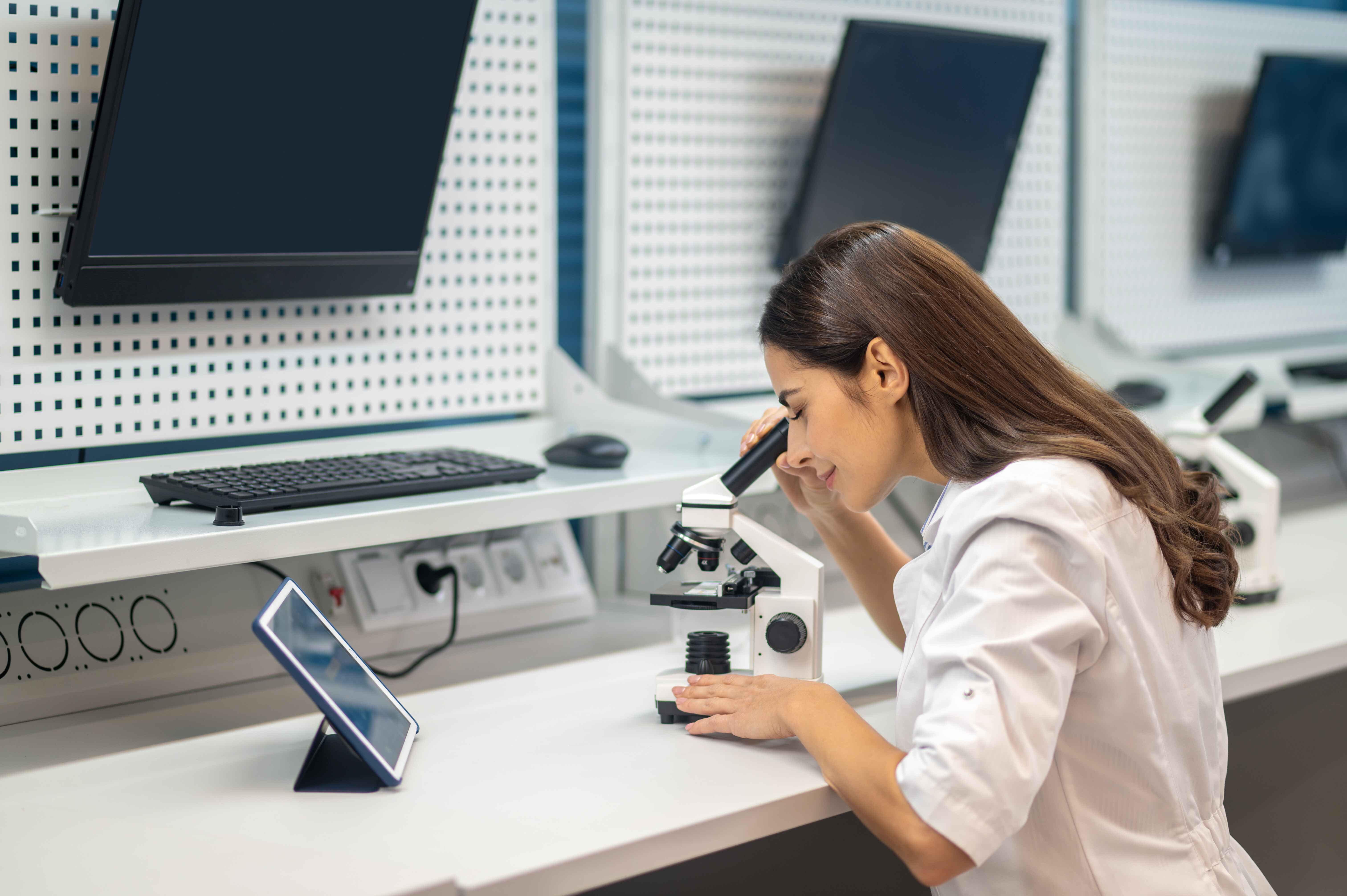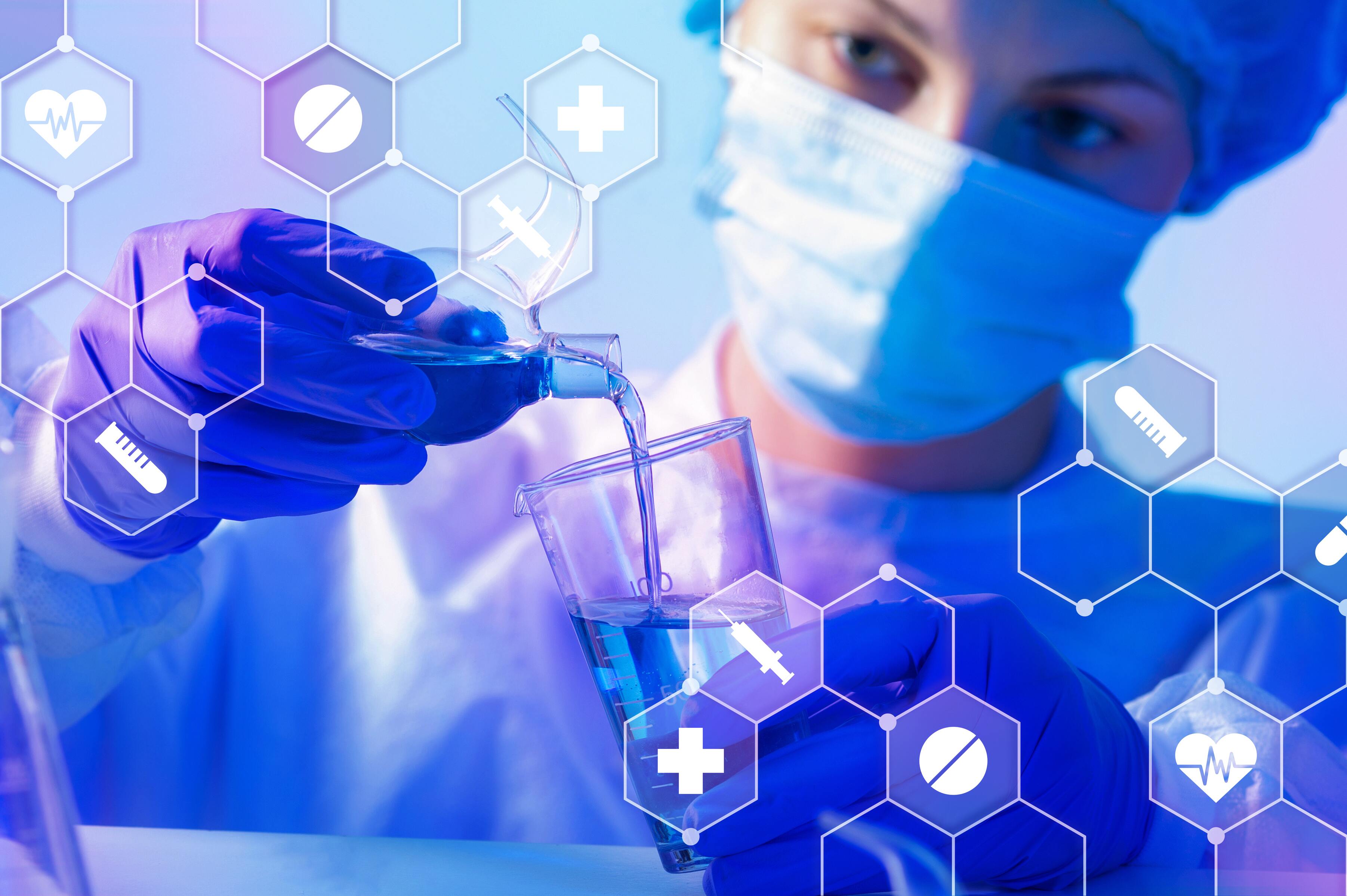

Medical research plays a pivotal role in advancing healthcare and improving our understanding of various diseases and conditions. One crucial aspect of medical research is the collection and analysis of biospecimens, such as blood, tissue, and other bodily fluids. These Biospecimen Collection are invaluable resources that enable scientists and researchers to conduct critical studies and develop new treatments. However, Biospecimen Collection not only contributes to the greater good but also offer personal benefits to the individuals who participate. In this blog, we will explore the various personal benefits of taking part in research through Biospecimen Collection.
Biospecimen Collections serve as the cornerstone of medical research, providing researchers with invaluable resources to explore the intricacies of human biology, understand diseases, and develop innovative treatments. In this blog, we will delve into the significance of Biospecimen Collections, their types, the challenges involved, and their immense contribution to advancing healthcare.
Types of Biospecimen Collections:
Biospecimen Collections encompass a wide range of biological materials, including human tissue, blood, plasma, serum, urine, saliva, cells, DNA, and RNA. These collections can be obtained through various sources such as biobanks, tissue banks, research institutions, hospitals, and clinical trials. Each type of biospecimen offers unique insights into different aspects of human health and disease, allowing researchers to investigate diverse research questions.
Contributing to Scientific Progress
Biospecimen Collection are used for research purposes, individuals actively contribute to scientific progress. They become an integral part of the scientific community, helping researchers gain insights into diseases, develop new diagnostic tools, and identify potential treatments. Knowing that their contribution can make a positive impact on the lives of countless individuals can bring a sense of fulfillment and purpose.
Access to Cutting-Edge Healthcare
Participating in research often provides individuals with access to cutting-edge healthcare and medical advancements. Researchers frequently offer participants access to innovative treatments, experimental therapies, and diagnostic tests that may not be available through standard clinical care. This exposure to advanced healthcare options can potentially lead to better outcomes and improved quality of life for participants and their families.
Early Detection and Prevention
Biospecimen Collection can help facilitate the early detection and prevention of diseases. By providing researchers with access to a wide range of biospecimens, scientists can identify biomarkers and genetic predispositions associated with specific conditions. This knowledge can lead to the development of more accurate diagnostic tools and effective preventive strategies. Consequently, participants may benefit from early detection, enabling them to take proactive measures to manage their health and potentially avoid or mitigate the impact of certain diseases.
Improved Personal Health Monitoring
Participating in research studies often involves regular health monitoring and check-ups. Researchers closely monitor the health and well-being of participants, collecting data that can help identify potential health risks or abnormalities. This close monitoring can lead to early detection of any emerging health issues and prompt medical intervention. Participants also benefit from receiving personalized feedback and recommendations based on their health data, empowering them to make informed decisions about their lifestyle and healthcare.
Enhanced Medical Literacy
Engaging in research and donating biospecimens can expand an individual's medical literacy. Participants often have opportunities to learn about the research process, the latest medical advancements, and the specific condition or disease being studied. This exposure to scientific knowledge empowers individuals to better understand their own health, ask informed questions to healthcare providers, and make educated decisions about their care. It can also inspire them to become advocates for medical research and educate others about the importance of the Biospecimen Collection.
Building a Legacy
Participating in research through Biospecimen Collection allows individuals to leave a lasting impact and build a personal legacy. By contributing to the scientific understanding of diseases, participants help pave the way for future breakthroughs and advancements in healthcare. Their contributions may ultimately benefit future generations, offering hope and improved treatments to individuals facing similar health challenges. This sense of leaving a positive mark on the world can be deeply rewarding and meaningful.
Donating biospecimens for research is not only a selfless act but also offers personal benefits to the individuals who choose to participate. By contributing to scientific progress, accessing cutting-edge healthcare, and enabling early detection and prevention, participants actively engage in their own well-being while contributing to the broader medical community. Additionally, the opportunity to enhance medical literacy, receive personalized health monitoring, and build a personal legacy creates a sense of purpose and fulfillment. Choosing to take part in research through Biospecimen Collection is a decision that can positively impact both
Importance in Medical Research:
Biospecimen Collections play a pivotal role in medical research for several reasons:
Disease Understanding: Biospecimens provide researchers with firsthand access to the molecular and cellular components of diseases. By analyzing these specimens, scientists can unravel disease mechanisms, identify biomarkers, and develop diagnostic tools, leading to early detection and effective management of various conditions.
Therapeutic Development: Biospecimen Collection enables the development of targeted therapies and personalized medicine. By studying the genetic variations and molecular profiles of patients, researchers can identify potential therapeutic targets, optimize drug discovery, and design treatment strategies tailored to individual patients, enhancing treatment efficacy and minimizing side effects.
Biomarker Identification: Biospecimens aid in the discovery of biomarkers, which are measurable indicators of normal or pathological biological processes. Biomarkers play a crucial role in disease diagnosis, prognosis, and treatment response prediction. By identifying and validating biomarkers through biospecimen analysis, researchers can enhance disease management and monitor treatment effectiveness.
Drug Safety Testing: Biospecimens facilitate drug safety testing by enabling researchers to evaluate drug toxicity and determine potential adverse effects on various biological systems. This information guides the development and refinement of drugs, ensuring patient safety during clinical trials and post-market surveillance.
Biospecimen Collection are indispensable resources that drive advancements in medical research. By providing researchers with access to diverse biological materials, biospecimen collections enable a deeper understanding of diseases, facilitate therapeutic development, and aid in the identification of biomarkers. Overcoming ethical challenges, ensuring standardization, allocating resources, and promoting data sharing are critical for harnessing the full potential of Biospecimen collection. With continued efforts and collaborations, these collections will remain vital tools in advancing healthcare, improving patient outcomes, and shaping the future of medicine.